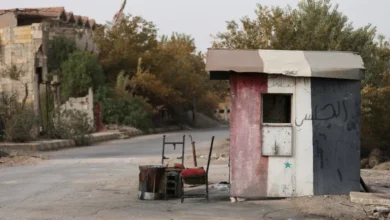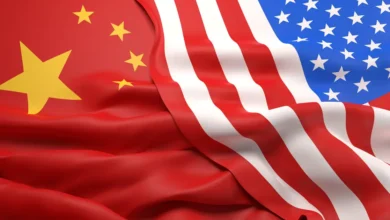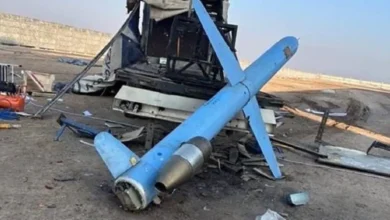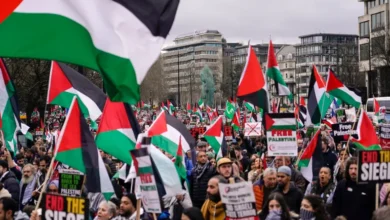Hezbollah’s threat caught Cyprus off guard, what are the issues at stake?
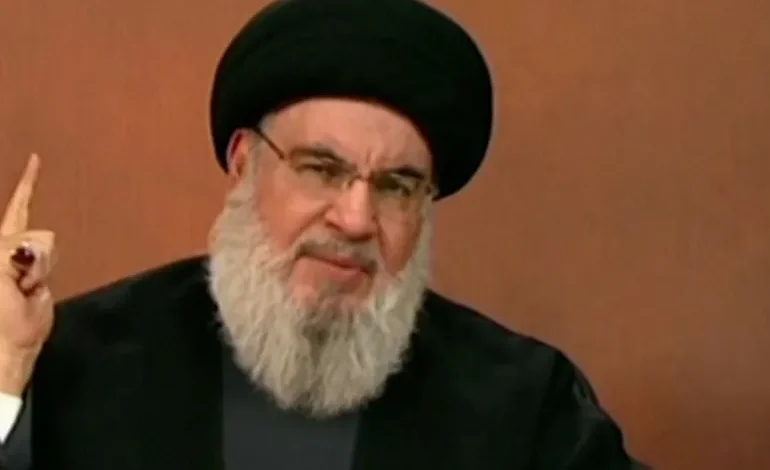
Hezbollah’s threat to retaliate against Cyprus if it helps Israel attack Lebanon has highlighted the Mediterranean island’s delicate geopolitical position, analysts say.
Cypriots were taken by surprise when Hezbollah leader Hassan Nasrallah mentioned them in a June 19 speech, saying Cyprus would be considered “part of the war” if Israel used Cypriot airports and bases in an attack on Lebanon.
“The Cypriot government should be careful,” he said.
For many, the announcement was a shock.
President Nikos Christodoulides told reporters: “Cyprus is not involved, in any way, in the military conflicts,” in response to Nasrallah’s comments.
“I don’t understand it,” said Angelina Pliaka, a lawyer in the capital Nicosia. “We have no involvement, and we don’t support Israel.”
Cyprus’s position
The prospect of war between Israel and Hezbollah has inched closer throughout Israel’s devastating eight-month war on Gaza as the Lebanese group exchanged fire with Israel in a bid to divert Israel’s resources from its Gaza campaign.
Analysts have long warned that a full-blown war between Israel and Hezbollah would drag in countries and players across the region.
Yet despite rising region-wide tensions since a Hamas-led attack on Israel on October 7, Hezbollah had not directly threatened Cyprus, which has close ties to Israel but has also served as a staging post for aid deliveries into Gaza.
Nasrallah’s threat highlighted Nicosia’s position as a United States ally and European Union member within range of Hezbollah’s missiles, as well as a country where many are increasingly concerned about the arrival of desperate people seeking refuge from nearby warzones.
In recent years, it has sought to use that position to act as the EU’s bridge into the Middle East, building close ties with Israel and Egypt while maintaining channels of communication with Iran.
“Cyprus has been quite close to Israel since 2010-11,” Tzimitras said.
“In particular, the Netanyahu governments have been capitalising on Cyprus becoming a close ally in political, financial, energy and military terms, as well as a friendly country, in their relations with the EU.”
Despite these ties, Cyprus has tried to keep its distance from the conflicts in Gaza and on the Israel-Lebanon border.
Christodoulides had also pointed to the humanitarian corridor, saying: “Our country is absolutely not involved in any way, and is not part of the problem.”
An EU state under threat
The Cypriot government was “caught off guard”, James Ker-Lindsay, a research associate at the London School of Economics and a specialist on Cyprus and the Eastern Mediterranean, said.
“The big takeaway is that Hezbollah is making threats against an EU member state. There will be discussions in Europe about how to respond, and calls on Iran to dial it down.”
In his June 19 speech, Nasrallah pointed out that Israeli forces had conducted exercises – to simulate invading Lebanon – in Cyprus two years ago because the island’s hilly terrain resembles southern Lebanon.
In a speech shortly after those exercises in 2022, he made no mention of those drills.
Hezbollah’s threat “likely relates” more to the British bases in Cyprus than anything else, Jack Watling, senior research fellow for land warfare at the Royal United Services Institute (RUSI), said.
Cyprus was a British colony until 1960 and when it won its independence, the United Kingdom retained two sprawling military bases there.
They were vital in an exodus of British citizens from Lebanon during Israel’s war with Hezbollah in 2006.
